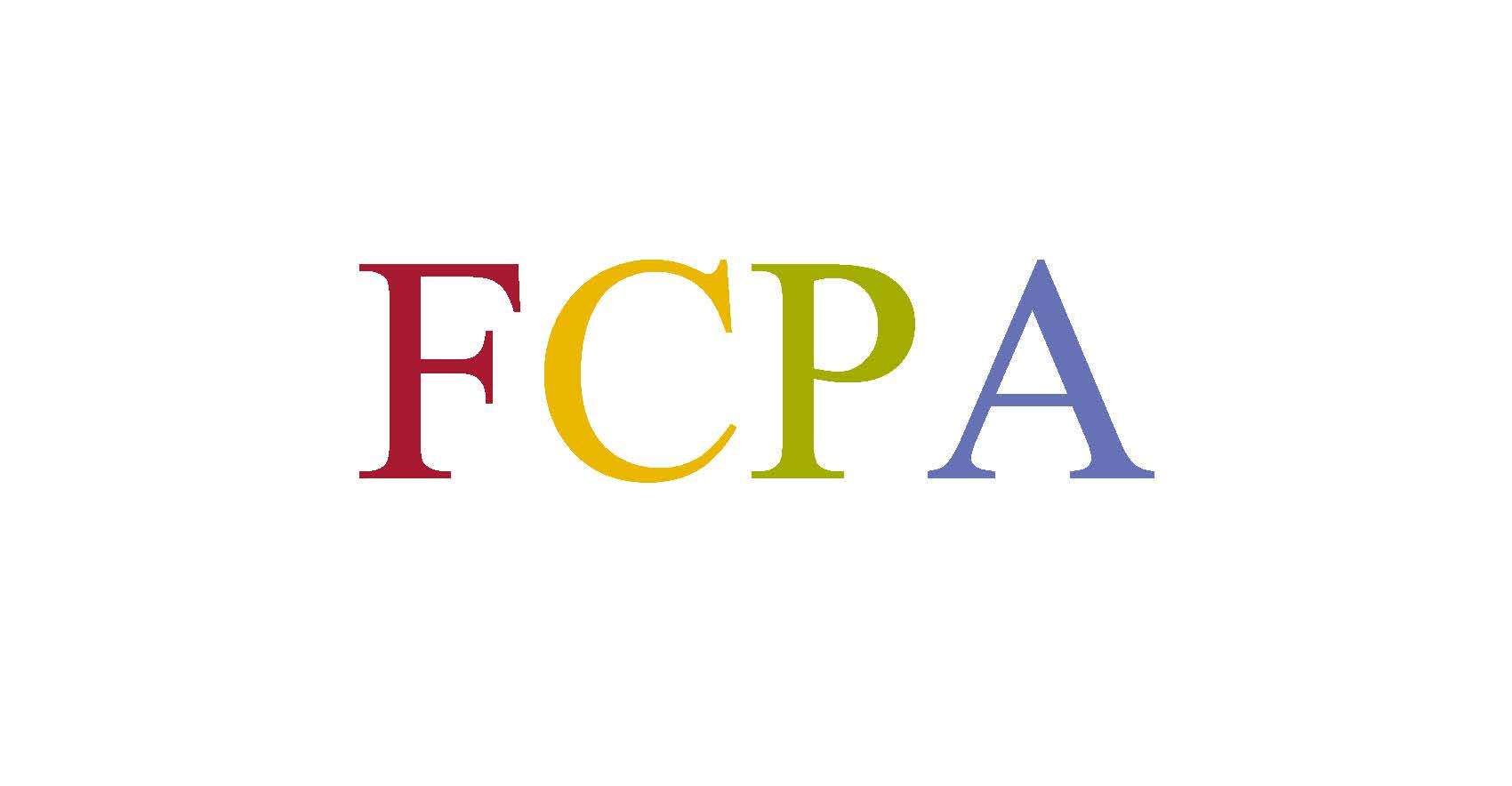When the U.S. Congress enacted the Foreign Corrupt Practices Act (“FCPA”) in 1977, the public record revealed a debate over what should constitute “knowledge” of an improper payment under the anti-bribery provisions of the statute. There was no controversy over “actual knowledge” since it was clear that a company or individual could be culpable if he or she actually knew about a bribe scheme. However, Congress extended this concept to include what is known as “constructive knowledge.” According to the language of the statute, knowledge exists when a person is aware that a “result is substantially certain to occur” or a person has a “firm belief that such circumstance exists.” The term “knowing” includes the concepts of “conscious disregard,” “deliberate ignorance,” and “willful blindness.”
Ignoring Red Flags Becomes Basis For $384M in Criminal Fines and Disgorgement of Profits for Alcoa, Based on the Actions of a Single Consultant/Distributor
On January 9, 2014, Alcoa World Alumina LLC, a majority-owned U.S.- based subsidiary of Alcoa, Inc. (“Alcoa”) pleaded guilty to violating the anti-bribery provisions of the FCPA and agreed to pay a criminal fine of $209M and forfeit $14M to settle charges by the Department of Justice (“DOJ”). Alcoa, Inc. itself agreed to pay $161M in disgorgement to settle civil charges levied by the Securities and Exchange Commission (“SEC”). The charges resulted from alleged corrupt schemes used by Alcoa subsidiaries to funnel money to foreign officials in Bahrain through a consultant/distributor in order to obtain business with a government-controlled aluminum smelter. This case is notable because it is one of the first criminal FCPA enforcement actions against a company built on a “constructive knowledge theory,” described as “conscious disregard” by one of the executives of red flags evidencing corruption-related misconduct. The language of the plea agreement indicates that the government interpreted the direct delivery of alumina by an Alcoa subsidiary to the Bahraini end users, despite the existence of a distributorship agreement with the consultant, as a red flag. When an Alcoa executive was asked by the legal department about the purpose of a distribution agreement with the consultant’s entities, he responded that it was “something that the Bahrain Government wants and that Alcoa shouldn’t get too involved with how the Distributor and the Government interact.” Based on the distribution agreement, the consultant had the right to mark up prices on alumina from Alcoa to the end user. The Alcoa subsidiary also sought and received approval to extend credit lines to the consultant’s entities even though the consultant refused to provide financial statements to Alcoa’s credit department. Allegedly, the credit lines were “significantly greater than those granted by Alcoa to any other third party.” The government claimed that by doing so, Alcoa “enabled the purported distribution scheme,” and that the red flags should have put Alcoa on notice that the distribution agreement was a sham. However, Alcoa failed to follow up on the red flags and entered into more distribution agreements. Both the SEC and DOJ asserted that Alcoa “consciously disregarded” the fact that the consultant’s role in Alcoa’s supply chain may have been to generate funds to pay bribes to Bahraini officials. In each instance in which the government alleged that Alcoa’s subsidiary “consciously disregarded” red flags, there was evidence of legitimate commercial and legal arrangements. Nonetheless, where bribes have been paid over an extended period, the government’s review of the transactional history can be shaped by the evidence of bribery, leading investigators to, in some instances, interpret certain key events, statements, and documents to confirm their perception.
Failure to Recognize Red Flags Evidencing Potential Corrupt Practices at a Subsidiary Can Be the Basis for an FCPA Enforcement Action
On December 30, 2013, Archer Daniels Midland Company (“ADM”) reached a settlement with the DOJ and SEC of allegations under the FCPA relating to conduct by ACTI Ukraine, ADM’s indirect majority-owned Ukrainian subsidiary, and ACTI Hamburg, ADM’s majority-owned German subsidiary. According to the case resolution documents, from 2002-2008, ACTI Hamburg and ACTI Ukraine engaged in multiple fraudulent schemes and paid third- party agents to channel bribes to Ukrainian government officials to obtain VAT refunds owed to ACTI Ukraine by the Ukrainian government. According to the documents, ACTI Hamburg and ACTI Ukraine paid vendors roughly $22M, nearly all of which was remitted to Ukrainian government officials. In exchange, ACTI Ukraine received over $100M in VAT refunds, to which ACTI Ukraine was legally entitled. The SEC and DOJ alleged that the VAT refunds obtained by ADM’s subsidiaries through improper payments gave ACTI Ukraine an undue business advantage, resulting in a benefit to ACTI Hamburg and ACTI Ukraine of roughly $41M. The SEC charged ADM with violations of the FCPA books and records and internal control provisions and ordered it to pay $36.5M in disgorgement and prejudgment interest. In a parallel DOJ action, ACTI Ukraine pleaded guilty to one count of conspiracy to violate the FCPA anti-bribery provisions and agreed to pay a criminal fine of $17.8M. In addition, ADM entered into a non- prosecution agreement with the DOJ, apparently for ADM’s knowing failure to implement and maintain adequate controls over its subsidiaries’ use of third parties. In contrast to the Alcoa case, ACTI Hamburg and ACTI Ukraine were allegedly aware of the misconduct. But there is no clear evidence that ADM, the parent company, was aware of the conduct of its subsidiaries. In holding ADM directly accountable through a non-prosecution agreement, the DOJ seemingly relied on a “constructive knowledge” theory. According to the non- prosecution agreement, “an ADM executive in the tax department sent an email to the head of the international tax organization” and stated that in order to recover $100M of the VAT refunds a Ukrainian subsidiary paid 30 percent to local charities. While it is clear that ADM’s executives were aware of some concerns related to legal procedures for obtaining a VAT refund, the case indicates how aggressively the DOJ will act to hold companies accountable where there is a failure to recognize and respond to red flags.
Prosecution of Weatherford for Internal Controls Violations is Equivalent to the DOJ Pursuing a Constructive Knowledge Theory for Bribery
On November 26, 2013, Weatherford International (“Weatherford”), a Swiss oil services company that trades its shares on the New York Stock Exchange, and its Bermudian subsidiary, Weatherford Services Limited, reached a settlement with the DOJ and the SEC for FCPA violations in Africa, the Middle East, and Europe. Weatherford allegedly obtained a dominant position and earned profits of $54.4M by bribing foreign officials. Weatherford and its subsidiaries agreed to pay $152M in fines and $65.6M in disgorgement, prejudgment interest, and civil penalties. In this matter, the DOJ appeared to use the criminal prosecution of internal controls violations as an alternative to a “constructive knowledge” theory. The DOJ charged Weatherford International under the accounting provisions of the FCPA for the “knowing failure to implement internal accounting controls.” The deferred prosecution agreement, however, does not recite evidence of Weatherford’s knowledge of corrupt misconduct by its subsidiaries. Instead, in the case of the joint venture established by one of its subsidiaries in Africa, the DOJ stated that Weatherford did not conduct “any meaningful due diligence of either joint venture partner” even though the joint ventures were controlled by foreign officials and their relatives, nor did it investigate why the local entities were partners in the joint venture despite the fact that they “did not contribute capital, expertise or labor to the joint venture.” The DOJ’s position is that Weatherford created “a permissive and uncontrolled environment” in which employees of certain of its subsidiaries “were able to engage in various corrupt conduct.” It appears from the deferred prosecution agreement that the bases for establishing criminal liability under the internal controls provisions consisted of Weatherford’s failure to conduct compliance due diligence on third parties and business transactions, failure to investigate allegations of illegal conduct, and failure to implement its policies at its subsidiaries and newly-established joint ventures. In other words, Weatherford failed to have an effective anti-corruption program, which led to a criminal violation of the accounting provisions of the FCPA.
Pre–Acquisition Due Diligence and Post-Acquisition Integration as Effective Safeguards
Returning to the original hypothetical acquisition of the target operating in a high-risk jurisdiction (mentioned at the outset of this article) and using third parties to interact with government-controlled end-users, what can companies do to protect themselves from FCPA liability? Appropriate due diligence of the target followed by prompt and comprehensive remediation and integration to ensure compliance with company compliance policies and procedures are critical tools to minimize the risk of criminal liability for post-acquisition improprieties. A failure to conduct such due diligence, in light of the cases described above, could expose your company to FCPA liability if it turns out that the target company has been paying bribes through its distributors or other third parties in the high-risk market.
The Resource Guide to the U.S. Foreign Corrupt Practices Act (issued jointly by DOJ and SEC in 2012) articulates “best practices” for pre-acquisition due diligence, including all of the following: (i) review of the target’s sales and financial data; (ii) review of its customer contracts, and its third party and distributor agreements; (iii) performance of a risk-based analysis of the target’s customer base; (iv) audit of selected transactions engaged in by the target; and (v) discussions with the target’s general counsel, vice president of sales, and heads of internal audit and compliance functions about corruption risks, compliance efforts, and any other corruption-related issues that have surfaced at the target over the past. If any specific red flags are uncovered during the due diligence process, they must be properly reviewed to ensure that there is a sufficient understanding of the issues so that they can be resolved on a timely basis. And even if your review of any red flags fails to uncover actual corruption, the good faith efforts by the company to resolve any compliance-related concerns will make it less likely that U.S. authorities view any transactions in question as improper. Recent enforcement actions demonstrate that even where direct knowledge of possible bribery is not evident, failure to implement effective mechanisms that would detect and prevent corruption may be interpreted by the DOJ as establishing “constructive knowledge,” resulting in enormous costs to a company. These cases also reaffirm the importance of being vigilant and maintaining a robust anti-corruption compliance program to avoid the proactive tactics of the DOJ and the SEC in FCPA enforcement. *This article was modified from a piece co-authored by Lina Braude and Yuliya Kuchma, as published in Risk & Compliance Magazine (Jul-Sep 2014 issue).



